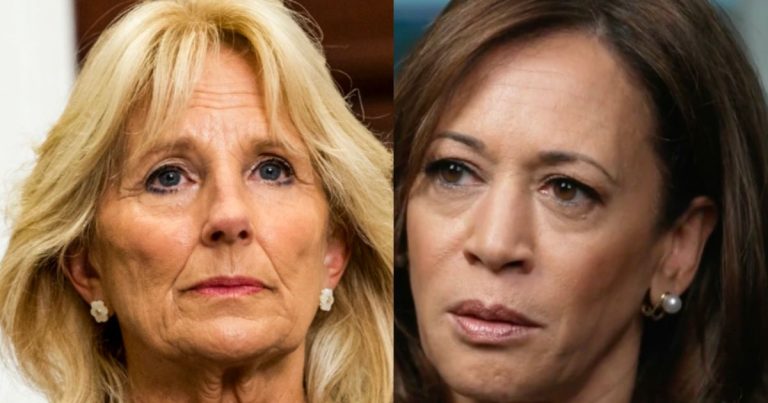
Inside the halls of the White House, an unmistakable chill has settled over America’s executive branch. Career staffers, speaking in hushed tones behind closed doors, describe an atmosphere that has become increasingly “draining” and “depressing” as the administration grapples with internal divisions at the highest levels of power.
Senior White House officials, speaking on condition of anonymity, paint a picture of an administration in turmoil. One staffer described walking on eggshells between competing power centers, while another mentioned having to schedule events to ensure certain principals wouldn’t cross paths.
These tensions have created what sources describe as an increasingly difficult working environment, with staff members caught between competing power centers within the administration. The strain is visible even during public events, where careful choreography keeps key figures separated.
Multiple sources now confirm what many have long suspected: the relationship between First Lady Jill Biden and Vice President Kamala Harris has turned notably “frosty.” This marks a significant deterioration in what was once presented as a harmonious partnership. The Wall Street Journal reports that private interactions between the Biden and Harris families have become strained, with the tension extending to Second Gentleman Doug Emhoff.
“The post-election rapport between the families has sometimes been frosty,” one insider revealed to the Journal, highlighting a dynamic that threatens to undermine the administration’s effectiveness during a critical period for the nation.
Let that sink in: The two most powerful families in our executive branch can barely maintain civil relations.
Origins Of Alleged Feud Between Jill Biden And Kamala Harris
The origins of this discord trace back to the 2020 Democratic primary debates, where Harris’s criticism of Joe Biden’s position on federally mandated busing policies left lasting wounds. Sources close to the First Lady indicate that Jill Biden has “not been fond of Harris” since that confrontational exchange, demonstrating how political rivalries can poison personal relationships at the highest levels of government.
The situation deteriorated further after Biden’s dramatic exit from the presidential race in July 2024. Despite public statements of unity, Harris’s team privately expressed frustration with President Biden’s continued public appearances and statements, viewing them as potentially damaging to their campaign efforts.
Of particular concern to constitutional conservatives is how this dynamic affects the chain of command and national security decision-making. With the Vice President serving as first in the line of succession, a fractured relationship between these key figures raises serious questions about leadership stability.
“When personal animosity affects working relationships at this level, it’s not just about politics – it’s about national security and governmental function,” said constitutional scholar James Richardson, citing historical examples of succession crises. “The Founding Fathers established clear lines of succession precisely to avoid this kind of uncertainty.”
Broader Implications For Democrats
The deteriorating relationship has broader implications for Democratic Party unity. Sources within the White House report that Biden has expressed regret about stepping aside, believing that he could have defeated Trump in the general election. This sentiment has only exacerbated tensions, with Biden’s inner circle divided over whether his assessment is accurate.
White House spokesperson Andrew Bates attempted to downplay these reports. Indeed, he issued a statement denying any rifts between the families. However, the mounting evidence of discord suggests a different reality behind closed doors. If this is what they’re letting slip to the press, imagine what they’re hiding!
For conservative observers, these developments represent more than just political drama. They highlight fundamental questions about leadership succession and administrative competence that have long concerned traditional conservatives.
The situation serves as a stark reminder of why the Founding Fathers emphasized the importance of clear leadership structures and smooth transitions of power. As this administration grapples with internal divisions, the American people are left to wonder whether their government can function effectively under such strained circumstances.
With national security challenges mounting and critical decisions pending, the question remains: Can an administration divided against itself effectively serve the American people’s interests? The answer, increasingly, appears to be cause for serious concern.
Key Takeaways:
- White House insiders confirm “frosty” relationship between Jill Biden and Kamala Harris threatens administration stability.
- Constitutional experts warn damaged Biden-Harris relationship compromises presidential succession planning.
- Career staffers describe “draining” and “depressing” atmosphere as power struggle intensifies.
- President Biden’s regret over stepping aside creates additional tension in already fractured leadership.
Sources: Daily Mail, AOL, The Wall Street Journal
